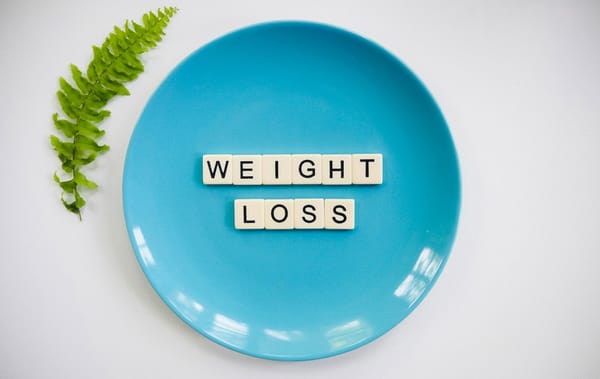How to Use TDEE to Improve Digestion and Gut Health

The Total Daily Energy Expenditure (TDEE) is one of the most important factors in overall well-being, including digestion and gut health. Although people frequently link TDEE with weight, it can also be important in nutrient absorption, metabolism, and gut bacteria balance. Proper caloric intake based on TDEE will better digestion, avoid gut issues, and achieve long-term gastrointestinal health.
How TDEE Relates to Digestion
Energy is needed for the digestive system in breaking down food, absorbing nutrients, and clearing waste. The calories consumed and those burnt directly influence the rate at which these processes run. TDEE can be broken down into four major components:
- Basal Metabolic Rate (BMR): This is the energy expended in basic bodily functions like digestion.
- Thermogenesis Effect of Food (TEF): This describes how many calories are used during digestion and processing of nutrients.
- PAL: This is the amount of energy expended in exercise and movement, making an impact on gut motility.
- NEAT: The amount of energy expended in activities of daily living, which also aid in digestion.
How TDEE Plays a Role in Digestion
1. Eating Too Little Slows Down Digestion.
When one consumes fewer calories, the body responds by conserving some energy and thus cutting down on other metabolic processes like digestion. The results could manifest as constipation, bloating, and decreased absorption of nutrients.
2. Overeating Can Lead to Digestive Discomfort.
Taking in more calories than the body requires for TDEE can work the digestive system very hard. It may consequently lead to problems such as acid reflux, bloating, and sluggish digestion.
3. Role of TEF in Gut Function
Different macronutrients can have different effects on digestion. Food has a high TEF:
- Protein: Has the highest TEF among other macronutrients because of its reasonably high energy demand to be broken down in the body and supports gut bacteria as well.
- Fiber-Rich Carbohydrates: It promotes motility in the gut and feeds the good bacteria present in it.
- Healthy Fats: Slow digestion and help absorption of nutrients.
Optimizing TDEE for Gut Health
1. Balanced Caloric Intake
Eating at or slightly above the present TDEE allows one to ensure sufficient energy for proper digestion while not overloading the gut simultaneously. Therefore, extreme calorie deficits or surpluses should not be undertaken.
2. Proper Meal Distribution throughout the Day
Consuming smaller portions of food frequently at regular intervals can do away with straining the digestive system and, at the same time, support steady energy.
3. Gradually Increase Fiber Intake
Though fiber does aid digestion, a sudden increase might cause bloating. Hence, a gradual increase of fiber in the diet through vegetables, fruits, and whole grains will help maintain gut balance.
4. Hydrate
Water plays a very important role in the digestion process, as it helps to soften fecal matter, preventing constipation. It plays a role in all sorts of metabolic processes. It is advisable to take between 2 to 3 liters of water per day.
5. Exercise to Increase Gut Motility
Physical activity is a stimulant for digestion; it enhances gut motility and circulation. Doing simple activities such as going for a walk post-meal can help in reducing bloating and discomfort.
6. Stress Management
Stress-related hormones like cortisol lower digestion and impact intestinal bacteria. Meditation, breathing exercises, proper sleep management, etc.
7. Probiotic and Prebiotic Ingestion
Probiotics, found in foods like yogurt, kefir, and sauerkraut, are helpful bacteria; prebiotics, like garlic, onions, and bananas, help feed these bacteria.
Conclusion
Maintaining the balance of TDEE with correct nutrition and lifestyle choices is the norm for supportive digestive health. Eating the right number of calories, ensuring most intake comes from quality foods, staying active, and managing stress are ways to support a healthy gut and enhance overall well-being.



